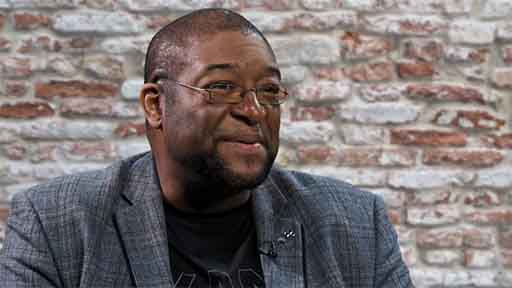1.6 Leadership involves staying engaged and seeing a task through to the end
You need to engage in and stay with leadership practice over time. This is mostly because power has a way of biding its time until the fuss goes away, and then going back to business as usual. Many organisations – and even governments – know that people’s attention spans are limited by the demands of contemporary life, and that media tends to move on from news stories quickly.
Hence when organisations face a difficult public issue, it is quite common for them to make reassuring statements but not do anything meaningful. The classic example of this is climate change – so much so that a word has emerged to describe the phenomenon: ‘greenwashing’. ‘Racewashing’ is also a real phenomenon, and many of you will be able to point to major institutions you feel promise change but fail to deliver. This is why it is important that leadership stays the course and does not drift away, even as people’s attention and energy start to slip.
As you will have noticed from the six aspects of the definition, leadership is not a solitary pursuit, but involves people supporting one another to generate the agency to lead. This activity will begin to explore that process.
Activity 1 The agency to lead
Watch the following interview clip with Jason Sinclair, where he describes the process of realising his capacity to become a leader. As you watch, can you identify any people and opportunities that enabled him to step into leadership practice?
Think about your own opportunities too. Do you have access to any role models, mentors or close colleagues for mutual learning and support? Make some notes about how you could build on your existing networks to gain more support for leadership.

Transcript: Video 1 Jason Sinclair – my leadership journey
Discussion
What Jason’s experiences show is that no one develops the capacity to lead on their own. It is a collective practice, with several people working together, building one another up so that they collectively have more capacity to act than they did previously. Working in this way, they also make the most of the opportunities that are present for them to lead.

